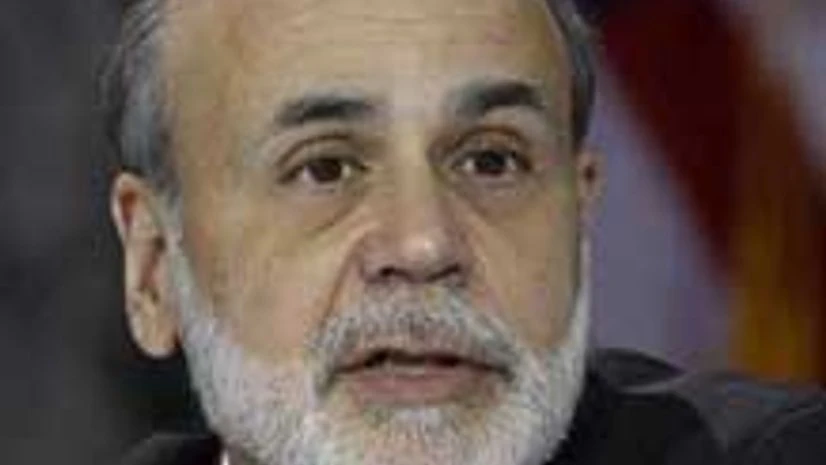Federal Reserve Chairman Ben Bernanke, who steps down at the end of January, called for more action to ensure the United States recovers from the economic and financial crisis.
In a speech yesterday at the annual meeting of the American Economic Association in Philadelphia, Pennsylvania, Bernanke retraced the eight years he spent at the helm of the US central bank as it tackled the 2008 financial crisis and the Great Recession.
"Needless to say, my tenure has been eventful -- for the Federal Reserve, for the country, and for me personally," Bernanke said, according to the text of his speech.
Also Read
"We took extraordinary measures to meet extraordinary economic challenges," said the chairman, who will be succeeded on February 1 by his vice chair, Janet Yellen, pending her approval by the Senate.
Highlighting that the US unemployment rate fell from 10% in 2009 to 7% recently, Bernanke nevertheless insisted: "Much progress has been made, but more remains to be done. "
The jobless rate "still is elevated," he said, reiterating concerns about the "unusually high" number of long-term unemployed and declining participation in the labour force, in part probably due to workers discouraged by poor job prospects.
Bernanke said that an important factor holding back the economy was "disappointing" productivity growth.
"The reasons for weak productivity growth are not entirely clear," he said.
He said it may be the result of the severity of the financial crisis that tightened credit conditions, inhibiting innovation, or may reflect longer-term trends unrelated to the recession.
"Obviously, the resolution of the productivity puzzle will be important in shaping our expectations for longer-term growth."
He said the Fed's decision in mid-December to modestly taper its $85 billion a month asset-purchase program did not indicate any lesser commitment to maintain an easy-money policy "for as long as needed."
Instead, the taper "reflected the progress we have made toward our goal of substantial improvement in the labour market outlook that we set out when we began the current purchase program in September 2012."
The Fed intends to keep its key interest rate near zero "well past" the time that the unemployment threshold of 6.5% is crossed, he said, particularly if inflation continues to run below 2%.

)
